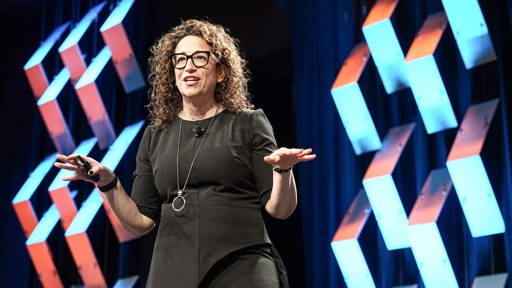Medicine is always moving forward. The invention of penicillin and sterile OR’s propelled healthcare forward in centuries past. Nowadays, it’s technology which is finding its place in the industry. It can be a helpful assistant to physicians, nurses and patients, and, in the process, save thousands of lives. It’s the latter which scientists of the University of Nottingham proved yet again. Their self-taught algorithm, which predicts heart failure, performed better than the standard ACC/AHA guidelines.
In the new study, the scientists compared use of the ACC/AHA guidelines with four machine-learning algorithms: random forest, logistic regression, gradient boosting, and neural networks.
The algorithms then had to undergo a little test. Using record data available in 2005, of 82.989 other patients, the algorithms had to predict which patients would have their first cardiovascular event over the next ten years. The guesses were checked against the 2015 records. The four new records performed better than the standard guidelines, when measured by a statistic called AUC — in which a score of 1.0 signifies 100% accuracy.
The standard guidelines scored 0.728, while the four new methods ranged between 0.745 and 0.764. In this test sample, it would mean that the best performer — neural networks — would have predicted 355 additional cardiovascular events.
Acording to the World Health Organzation (WHO), each year, nearly 20 million people worldwide die from cardiovascular disease. Its developments like this that might make it possible to reduce that number. The scientists with the University of Nottingham hope that physicians will soon start to adopt machine-learning methods in their practices. Even if it is just as an assistant.
Guidelines to simplistic
Currently, most doctors use the guidelines of the American College of Cardiology/American Heart Association (ACC/AHA) to predict patients in risk of cardiovascular events. The guidelines consist of eight risk factors, including age, cholesterol level and blood pressure. These guidelines however, are quite simplistic. They don’t take into account how odd the human body can be. In some cases, for example, a lot a body fat can actually protect against heart disease.In the new study, the scientists compared use of the ACC/AHA guidelines with four machine-learning algorithms: random forest, logistic regression, gradient boosting, and neural networks.
Analysing patterns
The scientists made the artificial intelligence algorithms train themselves, to exclude any human instruction. To build their own guidelines, the algorithms used data of the medical records of nearly 300.000 patients. Whilst analysing this data, the algorithms searched for patterns, associated with cardiovascular diseases.The algorithms then had to undergo a little test. Using record data available in 2005, of 82.989 other patients, the algorithms had to predict which patients would have their first cardiovascular event over the next ten years. The guesses were checked against the 2015 records. The four new records performed better than the standard guidelines, when measured by a statistic called AUC — in which a score of 1.0 signifies 100% accuracy.
The standard guidelines scored 0.728, while the four new methods ranged between 0.745 and 0.764. In this test sample, it would mean that the best performer — neural networks — would have predicted 355 additional cardiovascular events.
New risk factors
Interestingly enough, the machine learning algorithms identified several risk factors not mentioned in the ACC/AHA guidelines. New risk factors include but are not limited to severe mental illness and taking oral corticosteroids. On the other hand, none of the algorithms considered diabetes among the top ten predictors, which is of course something that is associated very often with cardiovascular disease.Acording to the World Health Organzation (WHO), each year, nearly 20 million people worldwide die from cardiovascular disease. Its developments like this that might make it possible to reduce that number. The scientists with the University of Nottingham hope that physicians will soon start to adopt machine-learning methods in their practices. Even if it is just as an assistant.








